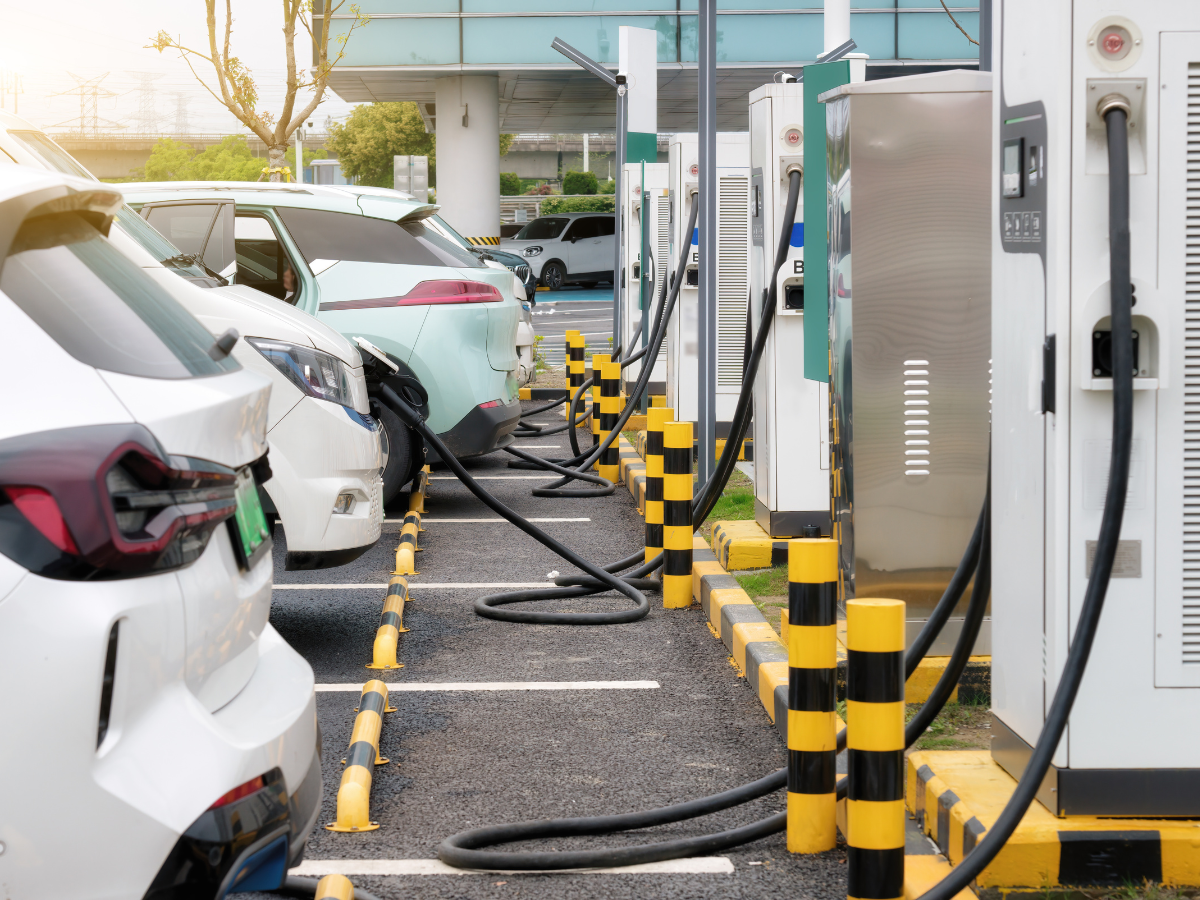Electric cars have come a long way—from niche city runabouts to sleek, high-performance machines that can rival traditional gas-powered vehicles. But let’s not pretend they’re perfect. If you’ve been thinking about going electric, or you already drive an EV, it’s worth taking a closer look at the problems with electric cars that drivers commonly face.
1. Limited Charging Infrastructure
This is easily one of the most common complaints. While things are getting better, public charging stations still aren’t as widespread or as fast as we need them to be. Especially in rural areas or during long-distance trips, charging access can be frustrating.
- Slow chargers at public stations
- Broken or non-functioning ports
- Long wait times during peak hours
If you can charge at home, this isn’t a daily issue. But road trips? Different story.
2. Battery Range Anxiety
The fear of running out of battery before reaching your destination is real. Even though newer EVs offer 250+ miles per charge, factors like cold weather, high speeds, and using the heater or AC can all chip away at your range.
- Cold weather can reduce range by up to 40%
- Aggressive driving = faster battery drain
- Accessories like heated seats also use power
This is one of the reasons behind the ongoing debate on electric car reliability—because battery performance isn’t always consistent.
3. Charging Time Is Still a Pain
Sure, you can “refuel” your gas-powered car in 5 minutes. Even with fast chargers, EVs can take 20–60 minutes to get a solid charge.
- Level 1 chargers (regular outlet): 24+ hours
- Level 2 chargers: 4–10 hours
- DC Fast chargers: 30–60 minutes
If your EV is your only vehicle, that downtime can be inconvenient. Especially if you forget to plug in overnight.
4. Expensive Battery Repairs or Replacements
This is a big one. EVs generally require less maintenance than gas vehicles, but when things do go wrong—especially with the battery—it’s not cheap.
- Battery replacements can cost $5,000–$20,000 depending on the make/model
- Repairs are often specialized and limited to dealership service centers
This leads some people to ask why electric cars are bad or at least why they cost so much to fix.
5. Limited Availability of Repair Shops
Not every auto repair shop is equipped to service EVs. Many issues require brand-specific knowledge and tools. This means you’re often stuck going to a dealership—even for minor problems.
- Long wait times for service appointments
- Limited technician availability
- Higher hourly labor rates
While this is improving as EVs become more common, it’s still a sore spot for owners in 2025.
6. Software Glitches and Tech Failures
Modern electric vehicles are basically computers on wheels, which is great—until the tech fails.
- Frozen infotainment screens
- Inaccurate range estimations
- Connectivity issues with apps and remote access
Updates can fix some problems, but not always. This is one of those problems with EV cars that can range from mildly annoying to borderline dangerous.
7. Cold Weather Performance Issues
We touched on this earlier, but let’s be clear: EVs don’t love cold climates.
- Reduced battery performance
- Regenerative braking can act unpredictably
- Heaters draw a ton of power, reducing range
For drivers in snowy or cold areas, this is a major consideration.
8. Resale Value and Depreciation
While some EVs hold their value well (like Teslas), many lose value quickly. Rapid tech changes, battery concerns, and shifting tax incentives can all impact resale.
- First-gen EVs now worth a fraction of original price
- Outdated battery tech hurts trade-in offers
- Government incentives impact market demand
If you’re thinking long-term, this could influence your purchase decision.
The Truth About Electric Cars' Biggest Problem
So, what’s the truth about electric cars’ biggest problem? It boils down to infrastructure and long-term reliability. While EVs offer lower operating costs, amazing acceleration, and eco-friendly appeal, they’re still maturing.
Biggest problem?
- Charging inconvenience (especially if you don’t have home access)
- Battery longevity concerns
- High out-of-warranty repair costs
It’s not that EVs are “bad”—they’re just not the flawless solution they’re sometimes made out to be.
When to Consider Selling Your Electric Car
If your EV’s battery is fading, the software’s buggy, or you’re just tired of charging hassles, it might be time to move on.
- Battery replacement quote too high?
- Losing range every month?
- Already had multiple software or sensor issues?
CarBrain buys electric vehicles—even if they’re having issues. You don’t have to fix it, haggle, or tow it yourself. Get a quote in minutes.
Final Thoughts
There’s a lot to love about electric vehicles—but it’s important to go in with your eyes open. From battery problems to charging delays, the problems with electric cars are real—but manageable if you plan ahead.
If your EV isn’t working out, CarBrain is here to help you sell it without the stress. For more real-world EV tips and repair info, check out the CarBrain Blog.




